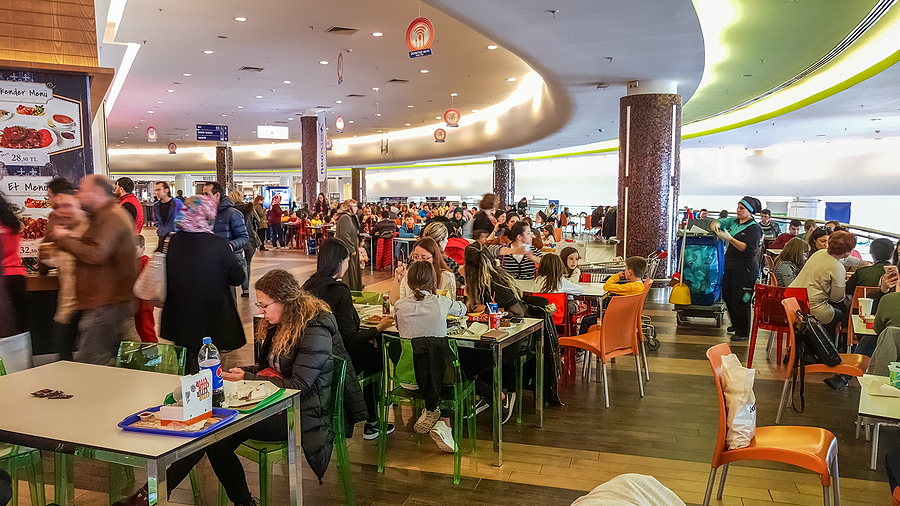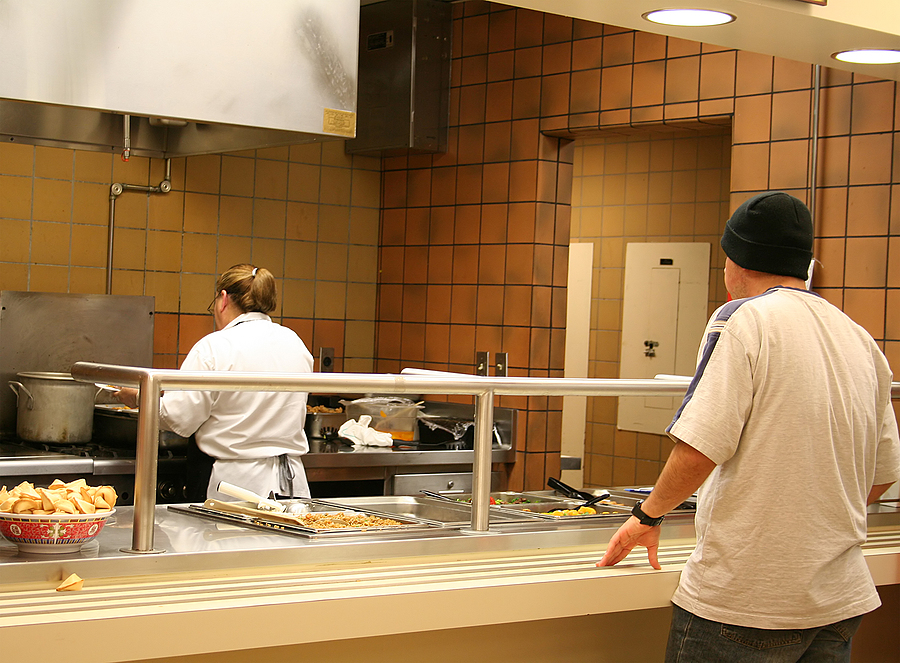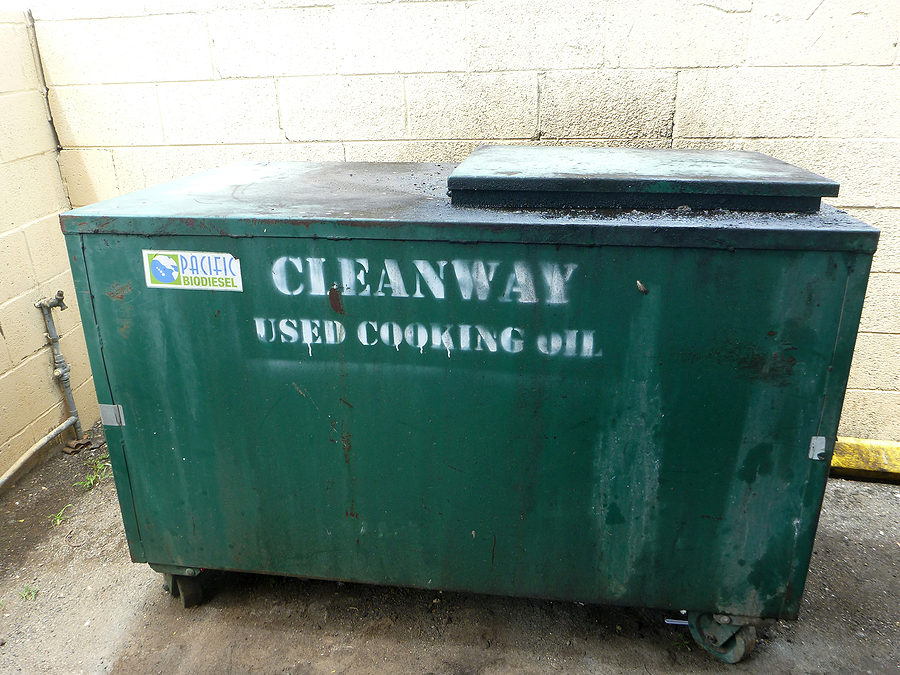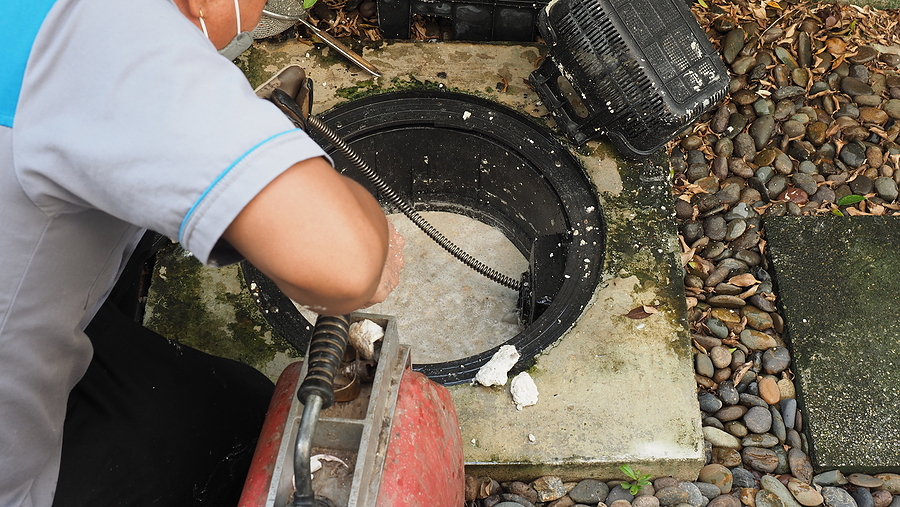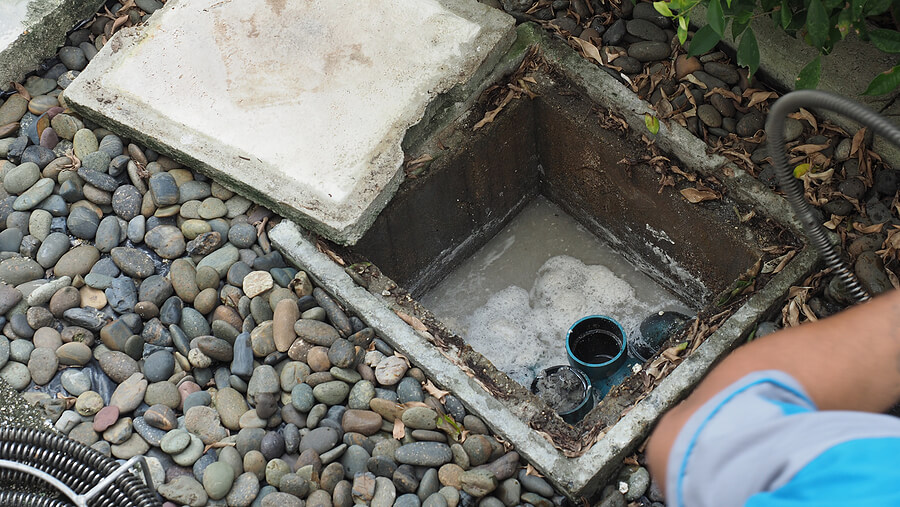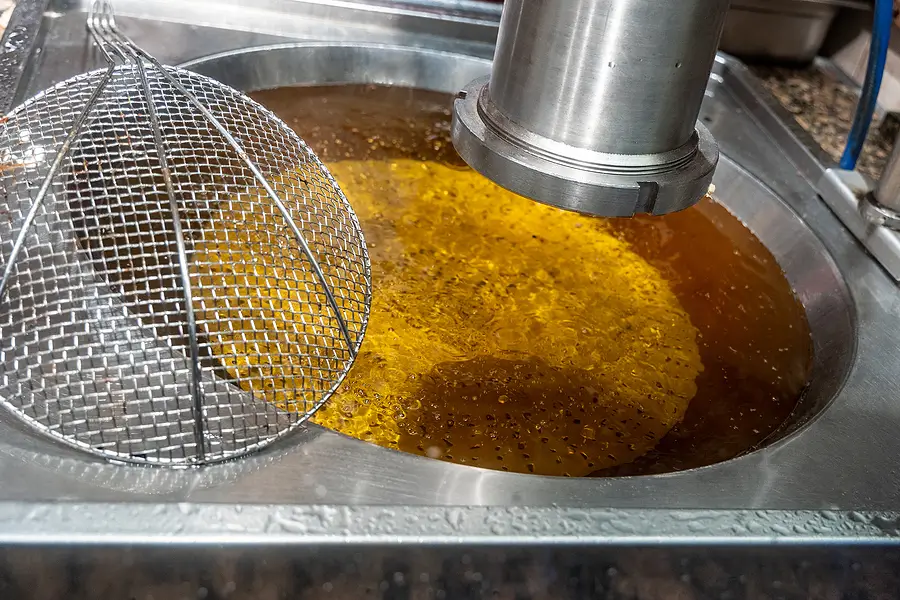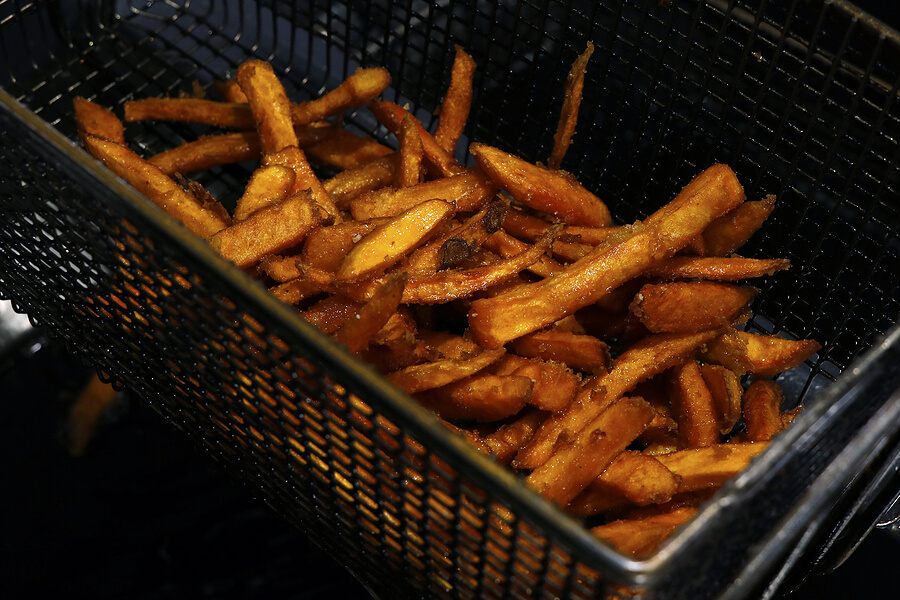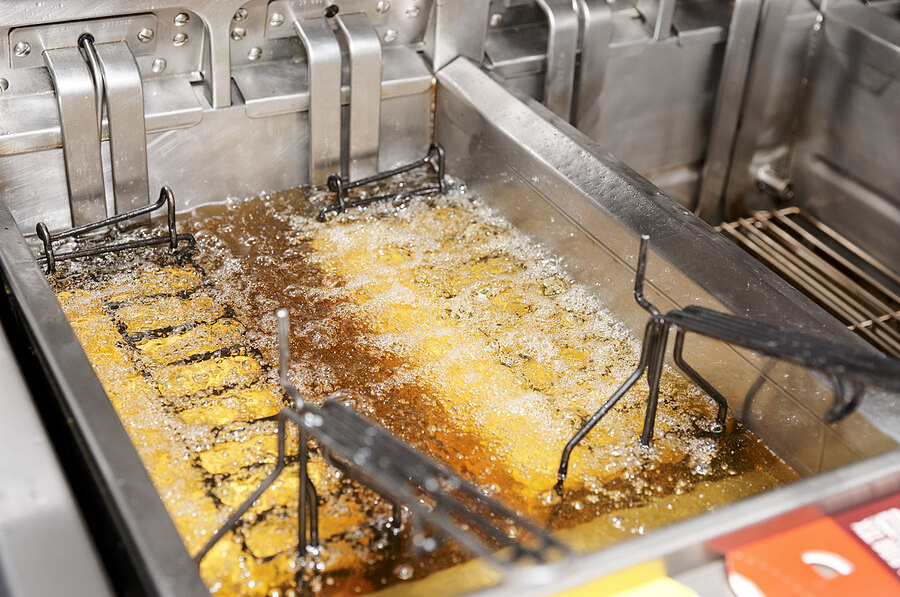Food courts, with multiple eateries clustered together, are major consumers of cooking oil products in the United States. While culinary trends in food courts might not be the same as they were a couple of decades ago, food courts are … Continue reading
How Schools Can Utilize Used Cooking Oil Disposal for Sustainability
It’s estimated that schools in the U.S. serve lunches to more than 28 million students per day. When we also take into account breakfast meals, after-school and summer meal programs, school meal programs are a major consumer of cooking oils. … Continue reading
How Small Businesses Can Implement Effective Oil Recycling Program
There are a lot of moving parts to running a small business, with a long list of tasks that need tending to. Environmentally friendly tasks, like recycling used oil, might not be high on the list of priorities. Implementing an … Continue reading
Olympia, Washington Used Cooking Oil Disposal & Recycling
Olympia, Washington, is a city about 100 miles north of Portland, Oregon, and 45 miles southwest of Seattle. Olympia residents received bad news when the Thurston County Waste and Recovery Center suspended the used cooking oil collection program. It happened … Continue reading
Grease Trap Cleaning for Commercial Kitchens: Tips for Efficient Waste Management
In the Portland area, grease traps and proper grease trap maintenance are a requirement. Any commercial kitchen must have one installed and cleaned regularly. Is that enough or are there other things you can do to manage your kitchen’s waste … Continue reading
The Importance of Responsible Deep Fryer Oil Disposal: Environmental Impact and Regulations
Almost 750,000 restaurants are found in the U.S., and approximately 103,300 of them are chains. In Oregon alone, there were 10,569 restaurants or food/beverage establishments in 2022. The National Renderers Association reports that 4.4 billion pounds of used cooking oil, … Continue reading
The Role of Government Initiatives in Promoting Used Cooking Oil Recycling
Restaurants, hotels, and others in the food service industry go through gallons of cooking oil every week. Where does all of the used cooking oil go? Ideally, used cooking oil is recycled and turned into biofuel and glycerin, but not … Continue reading
Cooking Oil Recycling in Fast-Food Chains: Setting Industry Standards
More than 200,800 fast-food restaurants exist in the U.S., an increase of 0.8% from 2022. Oregon has over 11,550 of them, including 3,602 chain restaurants. If you stop and consider that the average fast-food restaurant generates 35 pounds of used … Continue reading
Waste to Wealth: The Value Chain of Used Cooking Oil Recycling
A value chain covers the steps it takes to create a finished product. Used cooking oil recycling has several steps to get from oil that’s used to cook foods to the finished biodiesel that powers a car, truck, plane, tractor, … Continue reading
Cleaner Air and Reduced Emissions: The Role of Cooking Oil in Biofuel
In 2022, 457 million metric tons of carbon dioxide emissions were caused by the use of diesel fuel. While this was superior to the 1.019 million metric tons released by gasoline, it’s still a lot of unnecessary carbon dioxide production. … Continue reading



